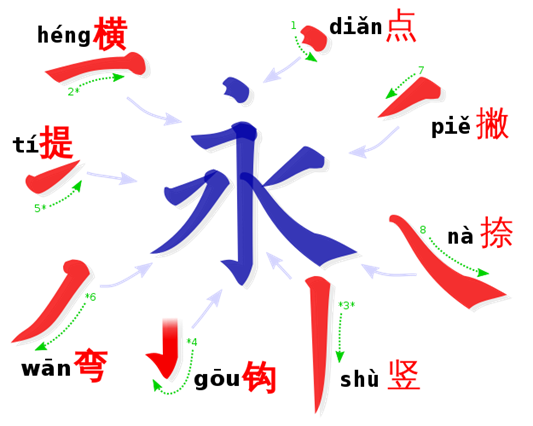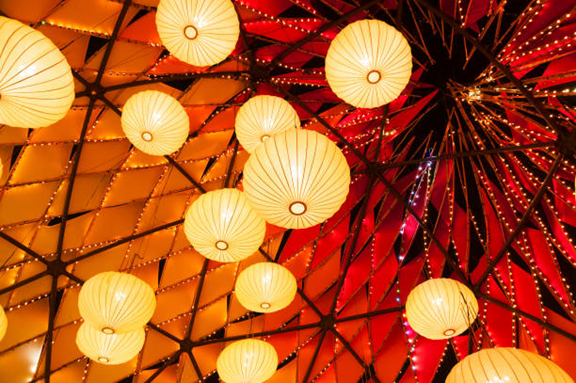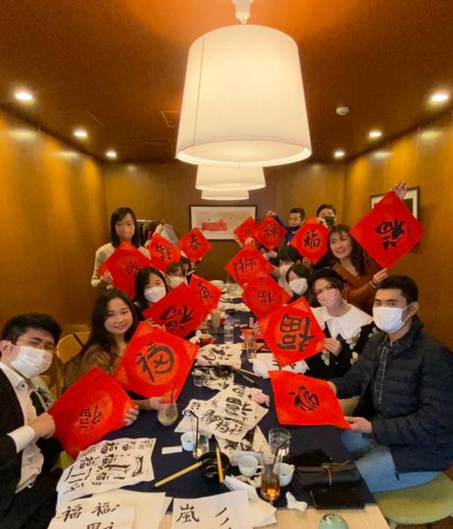FAQ
Contact Us
Online Inquiry
HSK: The Pathway to Cultural Immersion in China
- author:
AOE
- pubdate:
2023-07-09 00:00:00
Introduction:
The HSK (Hanyu Shuiping Kaoshi) exam is not just a test of language proficiency; it's a gateway to exploring the rich cultural tapestry of China. Beyond its practical applications, HSK offers learners a unique opportunity to delve into Chinese culture, history, and traditions. In this article, we will explore how HSK can serve as a pathway to cultural immersion and deepen your understanding and appreciation of China.
Understanding Chinese Characters:

One of the most fascinating aspects of the Chinese language is its writing system, which relies heavily on characters. Studying for the HSK exam exposes learners to a wide range of Chinese characters, helping them develop a deeper understanding of the written language. By deciphering the strokes, radicals, and meanings behind each character, learners gain insights into the cultural significance embedded in the Chinese script.
Exploring Chinese Literature and Art:
The HSK exam often includes reading comprehension tasks that expose learners to Chinese literature, poems, and classical works. These texts provide a glimpse into China's rich literary heritage and offer a window into the country's historical and cultural developments. By engaging with renowned Chinese authors like Lu Xun, Li Bai, or contemporary writers, learners can explore different themes, perspectives, and artistic expressions unique to Chinese literature.
Furthermore, the study of Chinese characters in HSK preparation can lead learners to appreciate Chinese calligraphy as an art form. Understanding the aesthetics and techniques involved in writing characters can deepen one's appreciation for calligraphy and its significance in Chinese culture.
Discovering Traditional Chinese Festivals:

HSK learners often encounter vocabulary and texts related to traditional Chinese festivals, such as the Spring Festival (Chinese New Year), Mid-Autumn Festival, and Dragon Boat Festival. These festive occasions are an integral part of Chinese culture, steeped in myths, legends, and age-old traditions. By learning about the customs, rituals, and symbolism associated with these festivals, learners gain insights into the values and beliefs that shape Chinese society.
Cultural References and Etiquette:
As learners progress through the HSK levels, they come across idioms, proverbs, and cultural references embedded within the language. These linguistic elements reflect China's history, folklore, and philosophical traditions. Understanding these references not only improves language comprehension but also allows learners to grasp the subtleties of Chinese culture, humor, and social norms.

Furthermore, the HSK exam often covers aspects of Chinese etiquette and social conventions. By familiarizing themselves with these cultural nuances, learners can navigate social interactions with Chinese speakers more effectively, showing respect and building meaningful connections.
Connecting with Native Chinese Speakers:

Preparing for the HSK exam often involves language practice and interaction with native Chinese speakers. Engaging in conversations, language exchanges, or joining study groups can provide opportunities to connect with individuals who can share firsthand experiences of Chinese culture. Through these interactions, learners can gain valuable insights, cultural anecdotes, and a deeper appreciation for the nuances of language usage.
Conclusion:
While the primary goal of the HSK exam is to assess language proficiency, it goes beyond being just a test. HSK provides a pathway to cultural immersion, allowing learners to explore Chinese characters, literature, festivals, and customs. By embracing the cultural dimensions of the Chinese language, learners can gain a holistic understanding of China, its people, and its vibrant heritage. So, as you embark on your HSK journey, remember that you're not just mastering a language; you're opening doors to a captivating world of cultural exploration.
related articles
recommend
Mandarin vs. Cantonese: Choosing the Right Chinese Dialect for You | AOE-Chinese
Choosing between Mandarin and Cantonese can be challenging for new Chinese learners. This guide breaks down the differences, benefits, and considerations for each dialect to help you make an informed decision. Whether you choose Mandarin, the lingua franca of China, or Cantonese, the heart of Hong Kong, AOE-Chinese offers expert instruction to help you achieve fluency.
Chinese Zodiac 2024: Year of Wood Dragon
In the Chinese Lunar calendar, they determine the specific animal and the element for each year. As for the Lunar New Year in 2024 that began on 10 February 2024, the animal representing this year is the Dragon with the element of wood. Therefore, for 2024, it will be the Year of the Wood Dragon. The Year of Wood Dragon 2024 started on the Lunar New Year.
Nanjing, A City of Duck Dishes
All of us love food, and we have to agree that Chinese cuisine is one of the best dishes in the whole world or even in the whole universe. Chinese have many legendary dishes that are sold overseas. People love Chinese cuisine since it brings back most of us childhood memories and the taste of home dishes. Chinese cuisine offers comfort and ease when we consume it. One of the most famous Chinese cuisines in the world is duck dishes, such as braised duck, roast duck, boiled duck, etc. If you are a fan of duck dishes, Nanjing is the city that you should visit if you plan to travel in China.

